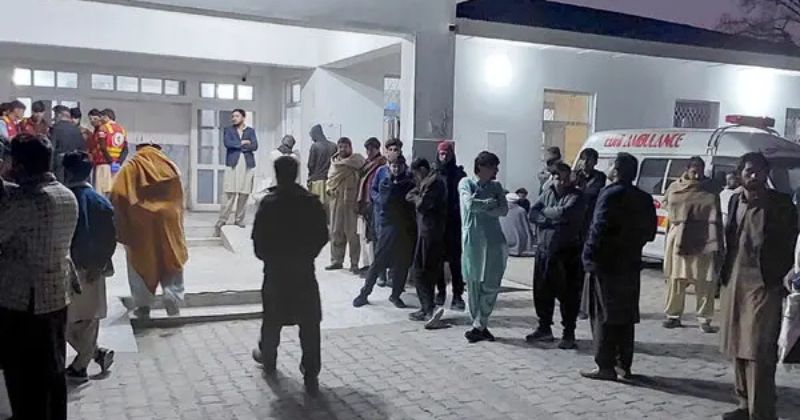The Kurram district in northwest Pakistan has witnessed a horrifying sectarian attack, leaving the nation grappling with the aftermath of one of the deadliest incidents in recent years. At least 42 people, including six women, lost their lives when gunmen ambushed vehicles carrying Shiite Muslims traveling from Parachinar to Peshawar. The attack also left 20 others injured, further deepening the anguish of an already grieving community.
This incident highlights the ongoing sectarian tensions in Kurram, a region with a history of violence between the Sunni majority and the Shiite minority. While no group has claimed responsibility for the attack so far, it underscores the persistent threat posed by sectarian violence, which continues to haunt Pakistan despite efforts to promote harmony and coexistence.
The ambush occurred on a major highway, as the convoy was en route to Peshawar. Survivors recounted harrowing scenes of chaos as gunmen opened fire indiscriminately on the vehicles. Security forces have launched an extensive investigation and are working to apprehend those responsible. The tragedy has sparked calls for stronger measures to protect minority communities and address the root causes of sectarian strife.

The attack comes at a time when Pakistan is grappling with multiple challenges, including political instability, economic difficulties, and a resurgence of militancy. Sectarian violence remains a significant concern, undermining the country’s efforts to establish peace and security in volatile regions.
The Kurram district, bordering Afghanistan, has often been a flashpoint for sectarian clashes. It has also been a hotspot for militant activity, which further complicates the security landscape. The government’s ability to provide justice and ensure safety for its citizens in such regions will be critical in preventing future incidents.
This tragic event serves as a grim reminder of the urgent need for comprehensive measures to combat sectarianism. Efforts to foster interfaith dialogue, strengthen law enforcement, and implement long-term socio-economic reforms are crucial to addressing the underlying issues fueling such violence.
As the nation mourns the loss of innocent lives, it must also reflect on the steps necessary to prevent such atrocities and build a more inclusive and secure future for all its citizens.






